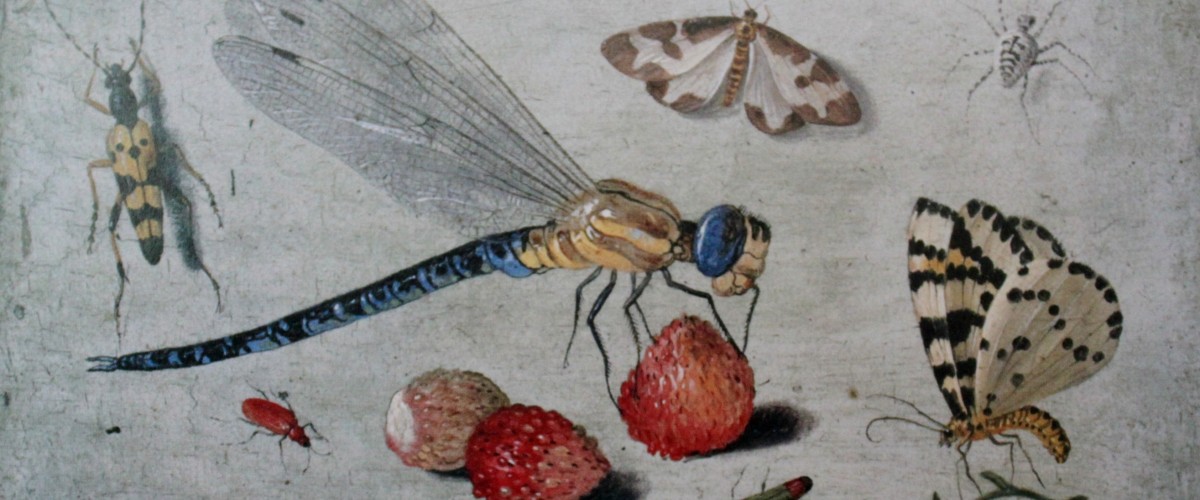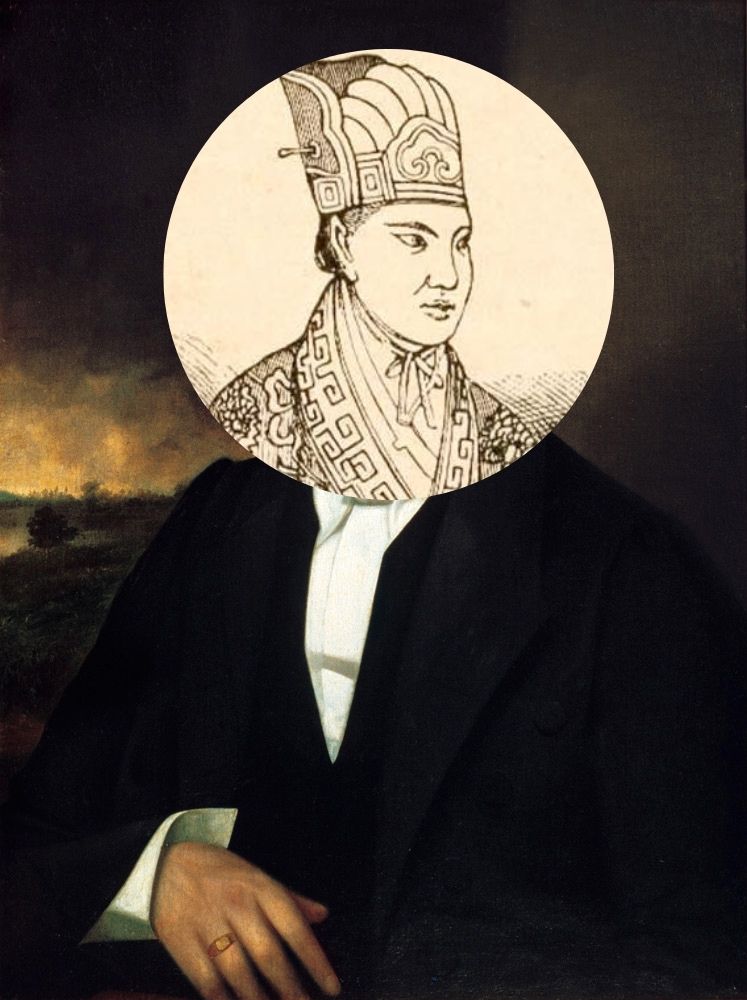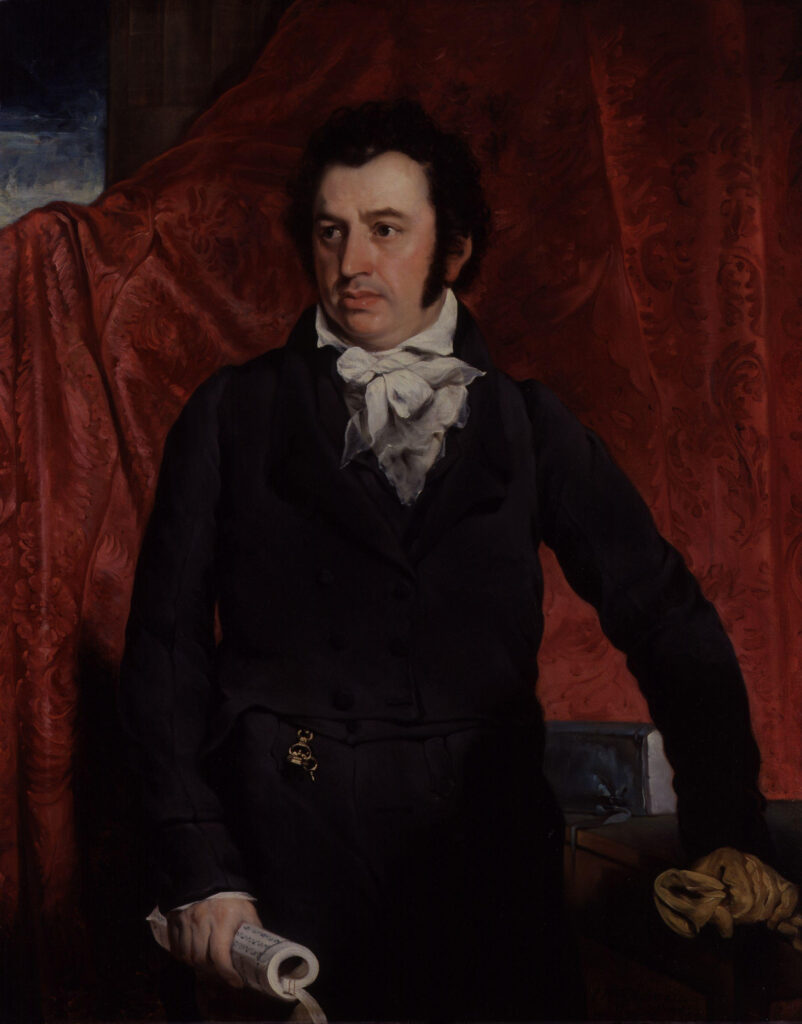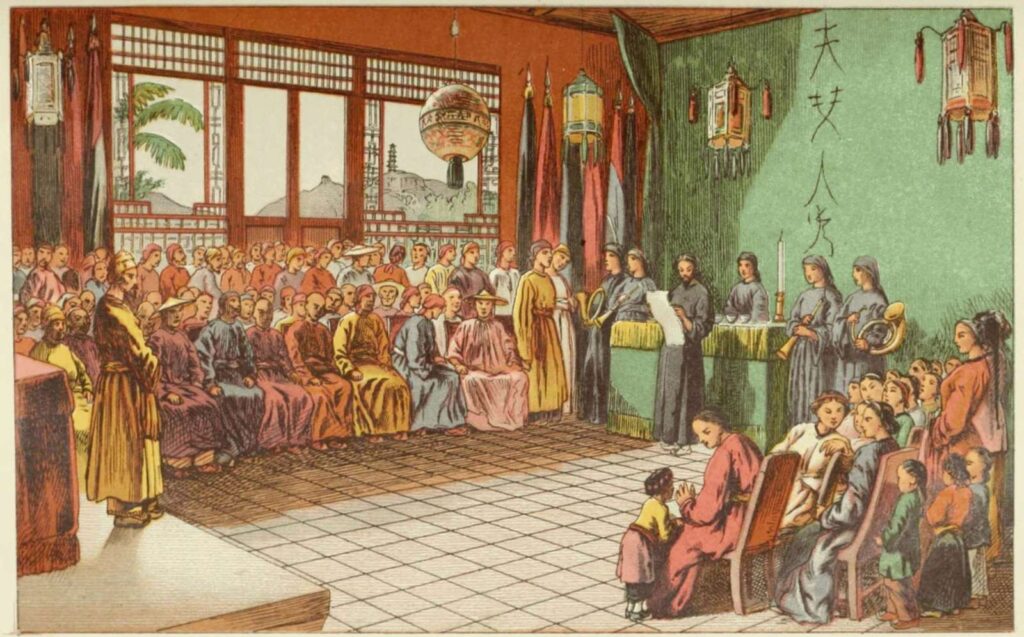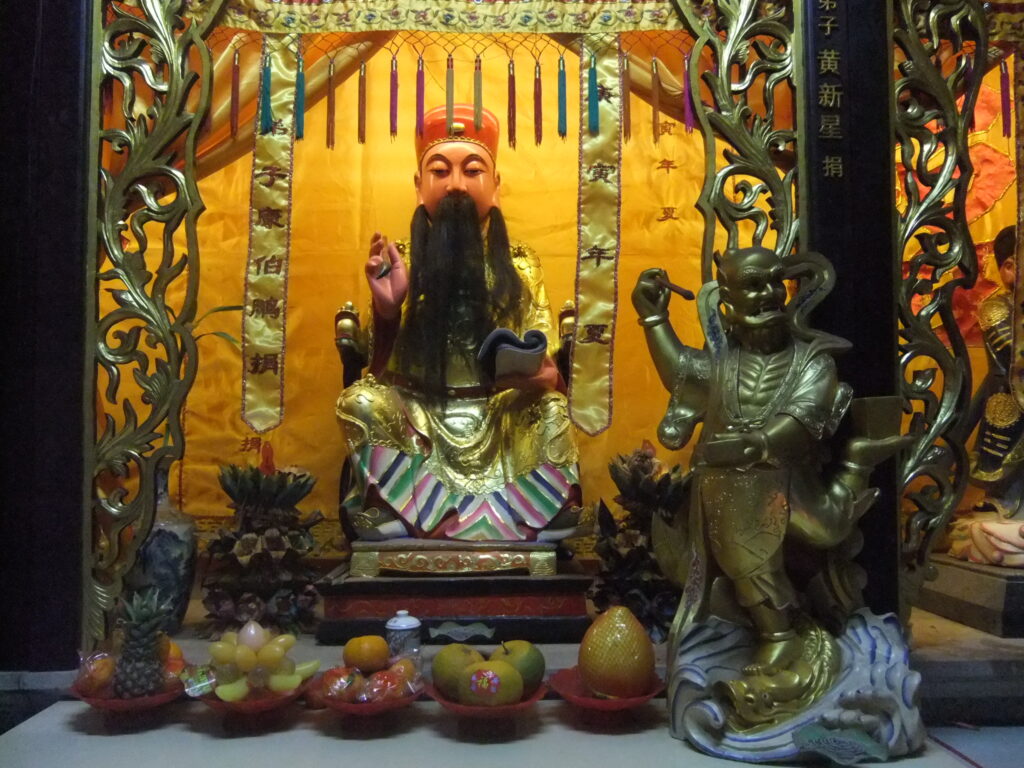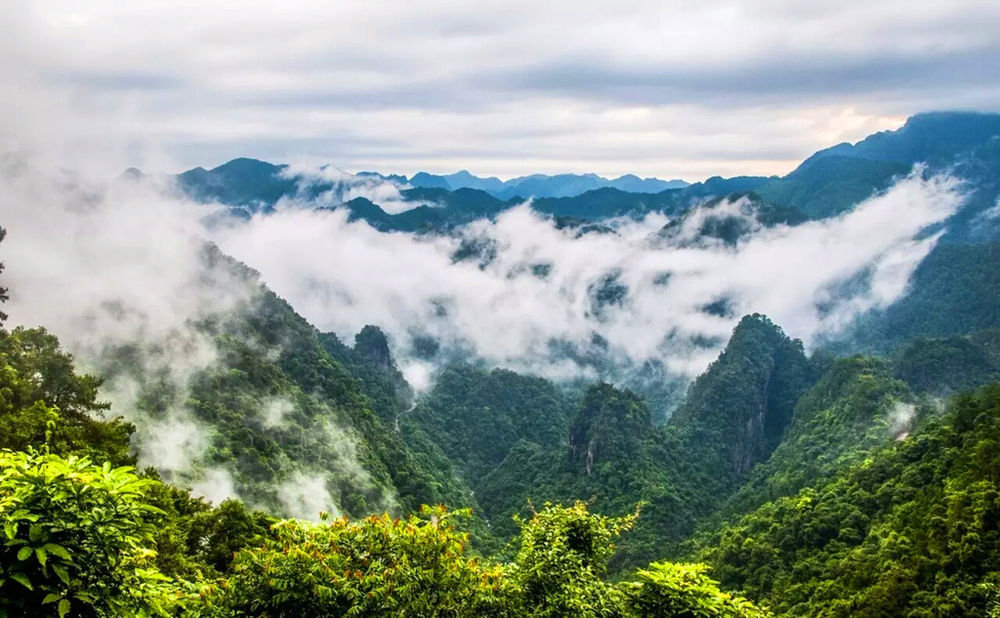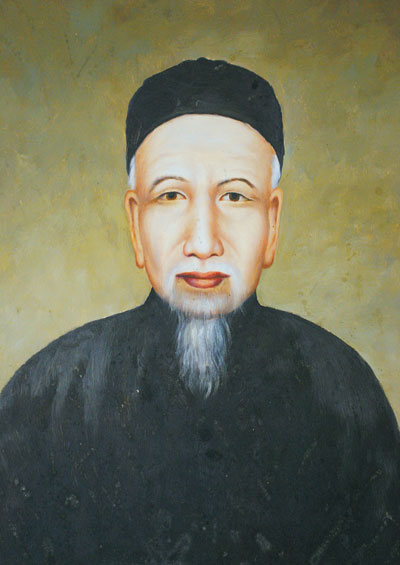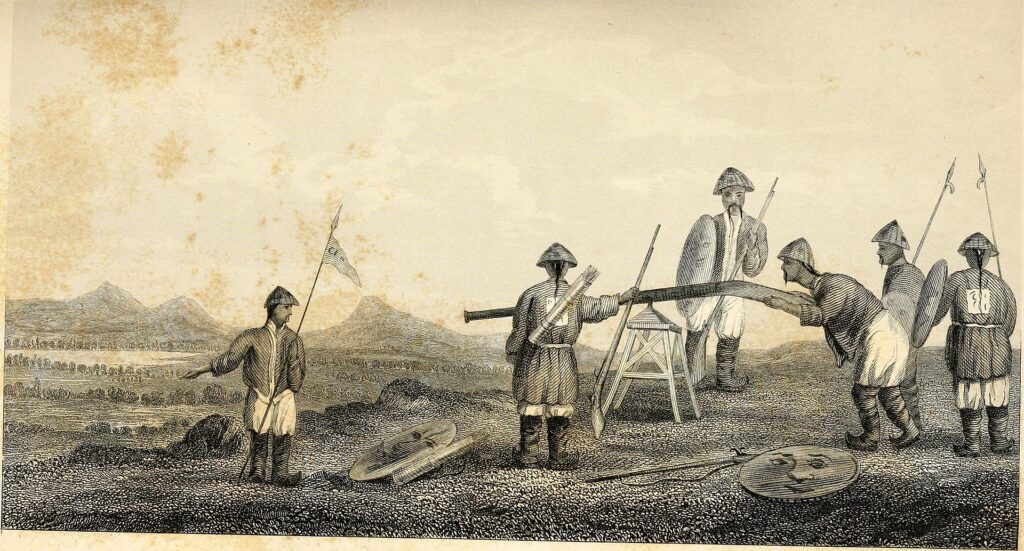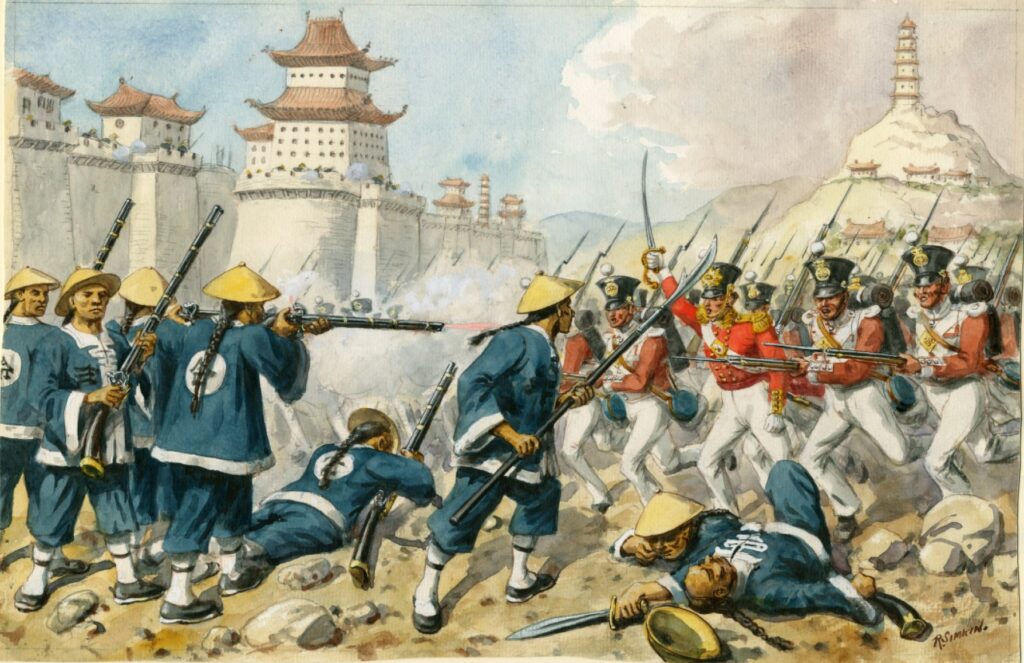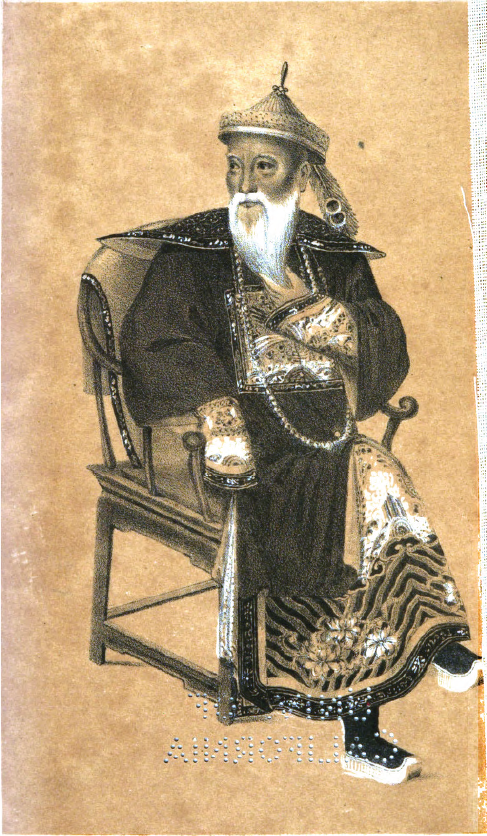Episode 1.21 – The Emperor Is Dead

The Daoguang Emperor died in 1850. He has been the Qing Emperor for the past dozen episodes and his actions (or lack thereof) helped set the stage for the cataclysmic decade that will be the 1850s. But he didn’t live to see it. Instead, the Qing Empire was left to his teenage son.
In this episode, we’ll take a look at the state of the Qing Empire and see how global forces combined with poor imperial policies to create the massive financial crisis and economic depression that beset China during the 1840’s.
Podcast: Play in new window | Download
Subscribe: RSS

